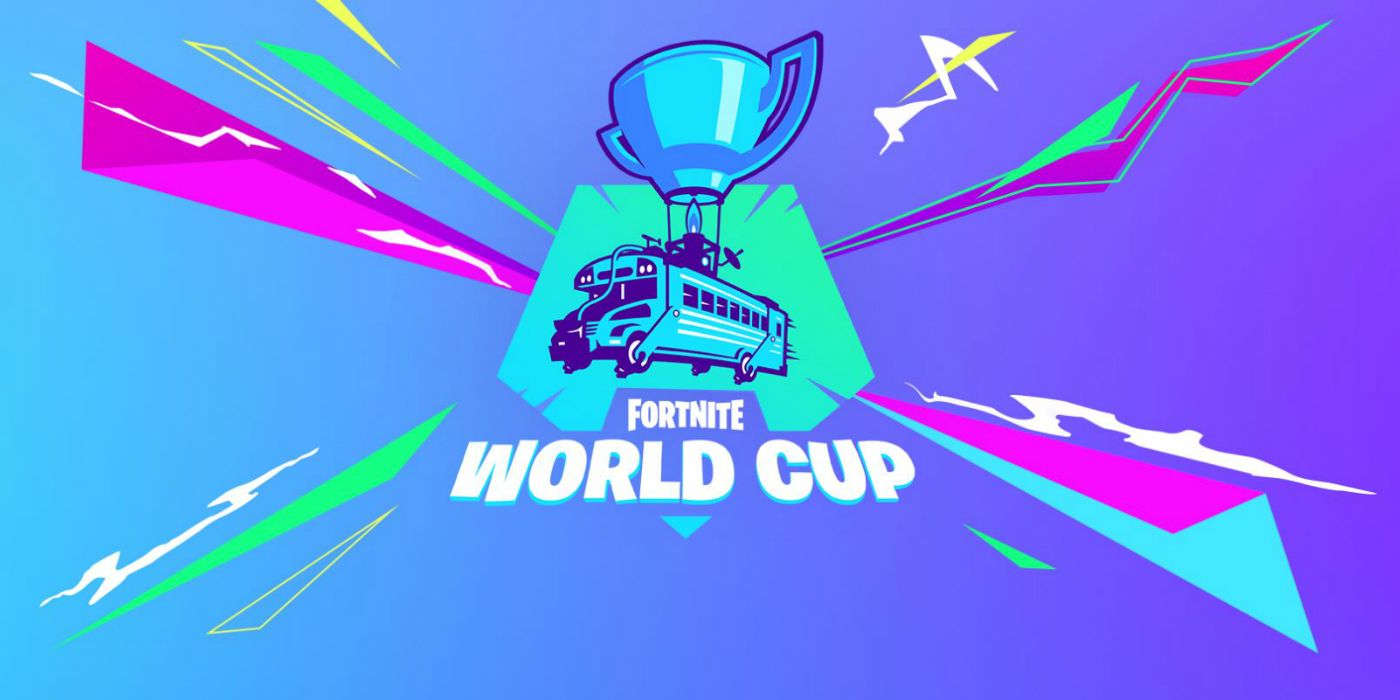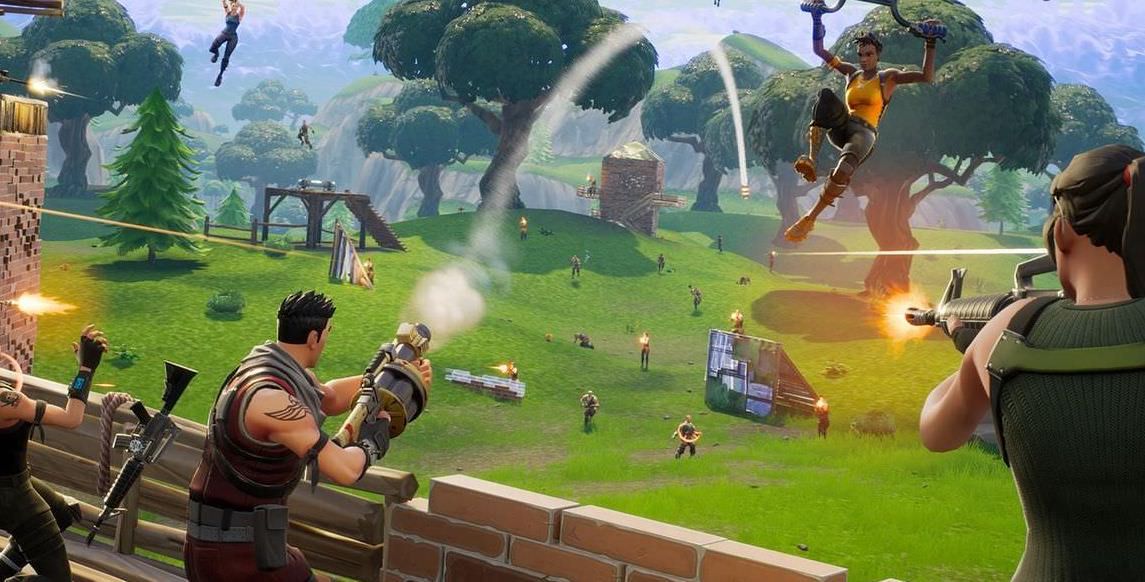The Fortnite World Cup was a success by virtually any metric - concurrent viewership took off, attendance was sold-out, and solos winner Bugha even managed to snag an appearance on The Tonight Show with Jimmy Fallon after becoming a worldwide phenomenon thanks to his success at such a young age. Never mind the fact that the tournament also awarded millions in prize money: the advertising alone that the Fortnite World Cup generated for the game was worth its weight in gold and then some.
That's great, and it would be a shame to take away from the success of both developer Epic Games and those professional players who participated - so we won't. Epic Games put on a great show and has continued to churn out amazing content to preserve Fortnite's place at the top of the gaming hierarchy. The players who participated in the World Cup, its grueling qualifiers that saw over 40 million players attempt a shot at glory, and the main stage for the lucky few who made it that far, all deserve recognition and credit. Fortnite has even announced the Fortnite Champion Series, which will see players compete weekly with the goal of becoming Season X champions - with more millions promised to be at stake.
The problem for Fortnite is that its scene has all of the team sponsorships, coverage, and player buzz of an esport without actually providing for its players like one. Prize money is one thing, but support from the ground floor is quite another. From the beginning, the Fortnite World Cup was plagued by issues surrounding the way that Epic Games handled the build-up to its gigantic finals tournament. Fortnite pros were gutted when the developer banned the stretched screen resolutions that had become a staple for some competitors just weeks before the qualifiers began. Should the resolution settings ever really factor into a game's competitive scene? No, and Epic was right in removing it. Should the developer have given players more warning and made sure to consult with them prior to the decision? Absolutely.
There's also the issue of Fortnite not supporting team practice in a way that's conducive to solo and duos squads getting better at the game. Training for the tournament was a tough affair that many teams had to co-ordinate amongst themselves in matchmaking, since it was pretty much impossible to set up practice any other way. The issue was brought up to Epic Games and largely ignored, causing some Fortnite pros to protest by streaming games of Uno instead.
The Fortnite World Cup was a success not because of the backing of Epic Games and the massive viewership, but thanks to the efforts of the millions of aspiring pro players and their already-established counterparts pouring hours of their time into the chance of competing. The difference between being one of the top 16 players in the world and one of the top 100 is probably a lot smaller than fans might think, though, and many of the people who attempted qualifications and came up short deserve better opportunities to practice, co-ordinate with would-be teams, and help the amateur scene thrive.
Essentially, the Fortnite World Cup had all the glitz and glamor of a major esports event without any of the support afforded to players in games like League of Legends and Dota 2. Maybe that's fine - it didn't seem to bother any of the participants who reached that stage, and the amount of press and views the event received made it well worth the investment for Epic Games. If Fortnite wants to take the next step for esports, though, and make sure it's not just a flash-in-the-pan addition to the scene, support of amateur and would-be pros isn't just recommended - it's mandatory. Just like any other esport, to be great at Fortnite requires the kind of dedication that usually is only possible by getting sponsored by organizations and having access to a bunch of tools with which to improve. Even professional players deserve more notice of implementation of game-changing mechanics that could alter the metagame only weeks before the biggest tournament of their lives.
As long as Fortnite isn't doing that, then it remains an incredibly risky endeavor that could entice younger players into making bad decisions regarding schooling or other pursuits in the attempt to chase down success on the pro circuit. The Fortnite World Cup was a success, but it was in spite of the lacking effort from Epic Games in supporting the game's esports scene beyond alluring prize pools.



